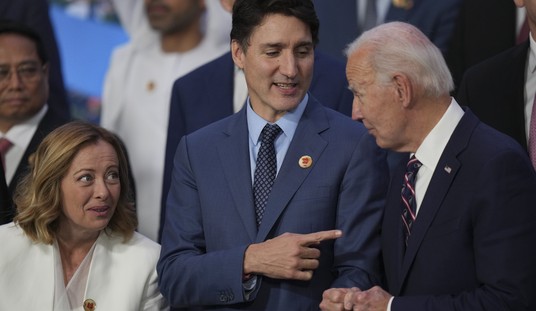


The History of DOGE
Beginning in the Middle Ages, and lasting beyond the Renaissance, the Doge was the chief magistrate serving as the highest appointed official of the Republic of Venice, one of the freest and most powerful republics in Europe for more than 1,000 years. This role symbolized the sovereignty of the Venetian republic and emphasized protecting freedoms and ensuring efficient governance. Today, the term takes on a new dimension as a framework for modern government reform.
The DOGE in 2024: The Musk and Ramaswamy Vision
Elon Musk and Vivek Ramaswamy, in a recent Wall Street Journal op-ed, unveiled DOGE (the Department of Government Efficiency), a plan to drive major government reform through a team of volunteers and government crusaders made up of lawyers, scientists and economists to collaborate with the Trump administration, the Office of Management and Budget (OMB) and Congress. The three major reforms DOGE will seek are regulatory rescissions, administrative reductions and cost savings. The strategy prioritizes executive action under existing legislation rather than by passing new laws. Two critical Supreme Court rulings issued during President Biden's tenure serve as their North Star:
West Virginia v. EPA (2022): This decision restricted agencies from imposing major regulations without explicit congressional authorization.
Loper Bright Enterprises v. Raimondo (2024): Overturning the "Chevron Deference" doctrine, this ruling empowers courts to exercise independent judgment when reviewing agency actions.
DOGE’s reforms aim to reduce overregulation, cut federal spending, and restore constitutional intent. Musk and Ramaswamy envision the initiative as a catalyst for economic growth by liberating businesses and individuals from unnecessary bureaucratic constraints.
Recommended
Regulatory and Workforce Reductions
One of DOGE’s primary goals is to streamline the federal workforce by aligning staff levels with constitutionally mandated responsibilities. This approach would reduce the size of agencies proportional to the number of nullified regulations.
Tackling Wasteful Spending
Musk and Ramaswamy argue that addressing the $500 billion in annual unauthorized federal expenditures is essential to reducing the deficit. They point to the Pentagon’s repeated audit failures as an example of systemic inefficiency. By eliminating waste and reallocating resources, DOGE aims to restore fiscal discipline without jeopardizing essential programs such as Social Security, Medicare and national defense. This will result in immediate savings for taxpayers!
Historical Inspirations for DOGE
DOGE draws inspiration from past reform efforts and economic theories:
A Mandate from the People
Musk and Ramaswamy believe the November elections and a 6-3 majority on the Supreme Court signal a historic mandate for structural reduction of the federal government. As Musk and Ramaswamy noted recently in the Wall Street Journal, “Now is the moment for decisive action. Our primary goal for DOGE is to eliminate the need for its existence by July 4, 2026; the expiration date we have set for our project. There is no better gift to our nation on its 250th birthday than to deliver a federal government that would make our founders proud!”
The two are prepared for the onslaught of entrenched special interests in Washington and intend to begin by scrutinizing spending on partisan priorities, ending remote work for most federal employees and eliminating Daylight Savings Time.
Conclusion
DOGE aspires to redefine government efficiency, drawing from historical precedents and modern economic insights. By reducing the federal budget—currently at $7.3 trillion and about 61% of it being mandatory—and fostering a competitive free enterprise system, DOGE could reignite the classic American Dream. Musk and Ramaswamy’s ambitious vision offers hope for a leaner, more effective government that honors the nation’s founding principles.
DOGE is not just a framework for reform; it is a call to action for individuals, businesses, and policymakers. We should adopt the DOGE philosophy in our personal, professional and civic lives to be better off and to move this country forward. By embracing the principles of DOGE, the United States can pave the way for a renaissance in governance, ensuring a brighter future in 2025 and for generations to come.
Dr. Timothy G. Nash is director of the McNair Center at Northwood University. Mr. Bob Thomas is COO of the Michigan Chamber of Commerce. Dr. Thomas Rastin is a retired business executive from Ohio. Mr. Anthony Storer is a McNair Student Scholar at Northwood University.

